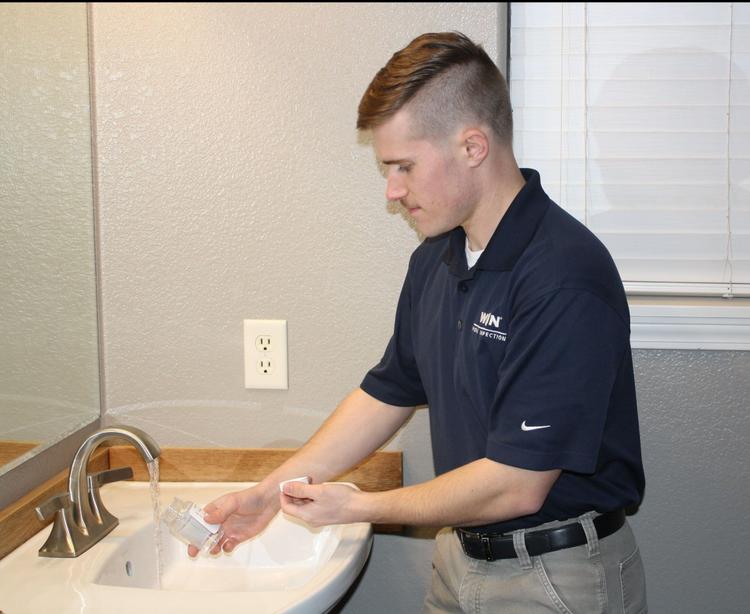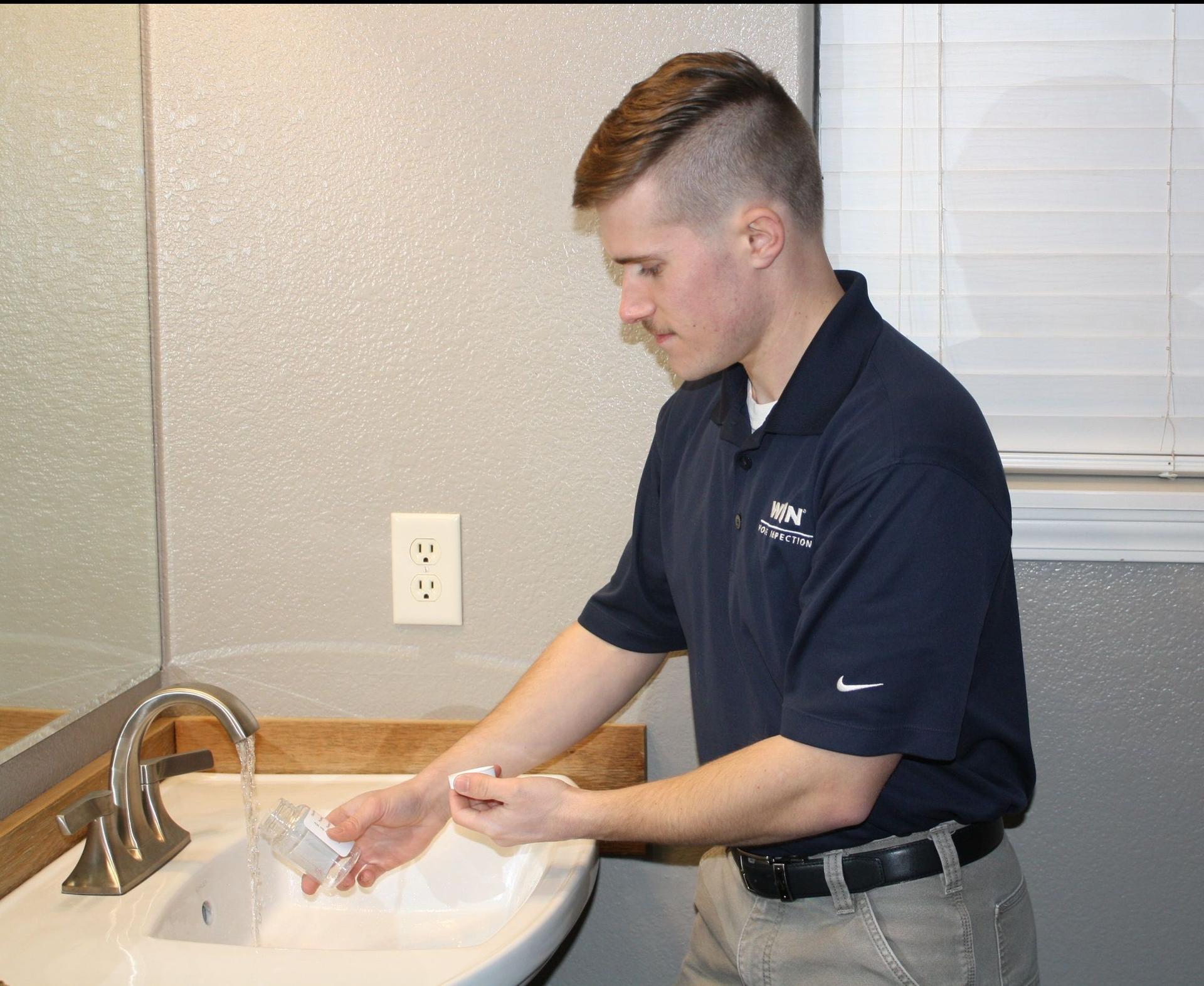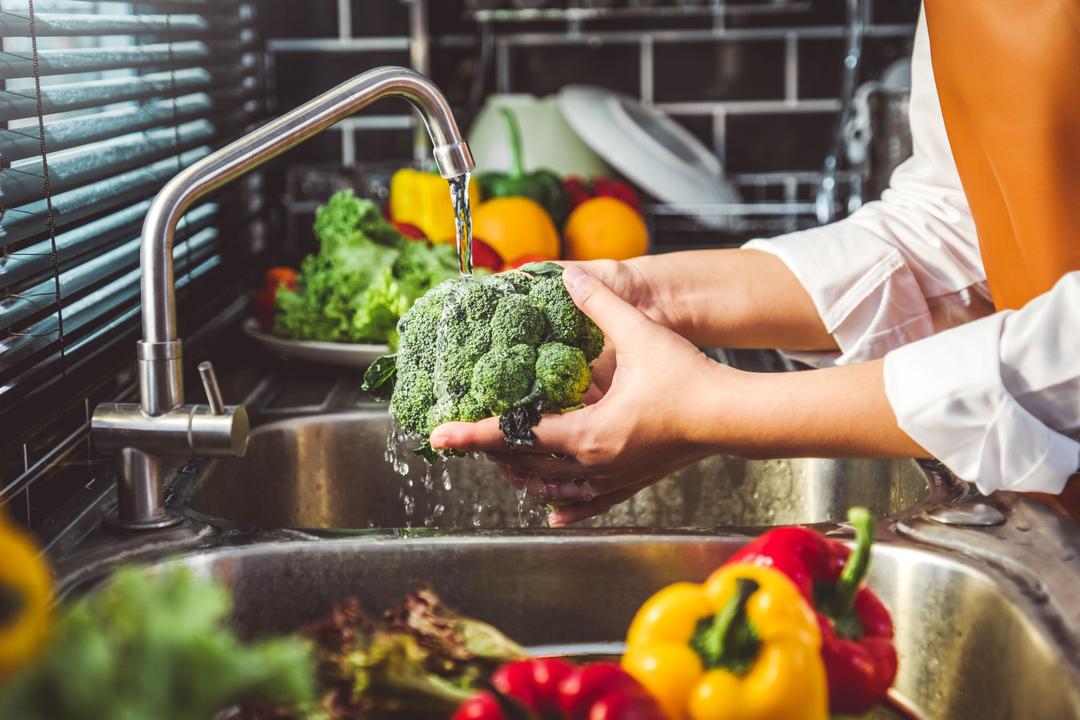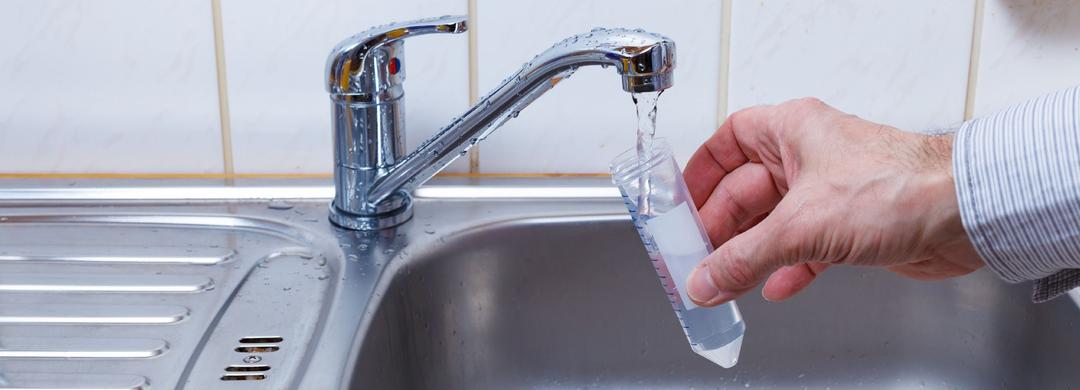89%
Of lung cancer cases result from exposure to radon released into indoor air from water.
6 Million
Homes in the U.S. have radon levels above the recommended remediation level.
11%
Of all stomach cancer cases are estimated to be caused by consuming water containing radon.
Why Get a Radon-in-Water Test with WIN?
The U.S. Environmental Protection Agency (EPA) recommends having your home tested for radon every two years. Radon can be found both in your air and in your water. Testing your home and your water frequently is essential because radon can be prevalent in all homes in any region of the country and of any age. No home is immune to radon exposure. A Radon-in-Water Test is designed to identify even small levels of radon in your home to help you safeguard your health and reduce your risk of cancer and other illnesses.
Benefits of a Radon-in-Water Test
How Does a Radon-in-Water Test Work?
During a Radon-in-Water Test with WIN, our expert inspectors perform a comprehensive test to determine the levels of radon present in your home’s water.
STEP 1
Collect the Samples
Our professional inspectors will collect water samples from your kitchen or bathroom faucet.

STEP 2
Send to Labs for Testing

STEP 3
Receive a Comprehensive Report

Clients also searched for
Thank you for your service. You did in depth and through inspection. We would recommend you to anyone that Is looking to do a home inspection.
They did a great job for my buyers. They booked the appointment very fast and efficiently. They had our results from the general inspection, pest and radon tests to us very quickly. Very nice and detailed reports.
WIN Home Inspection were great to work with. Prompt, professional, and thorough with the information we received. Highly recommended













